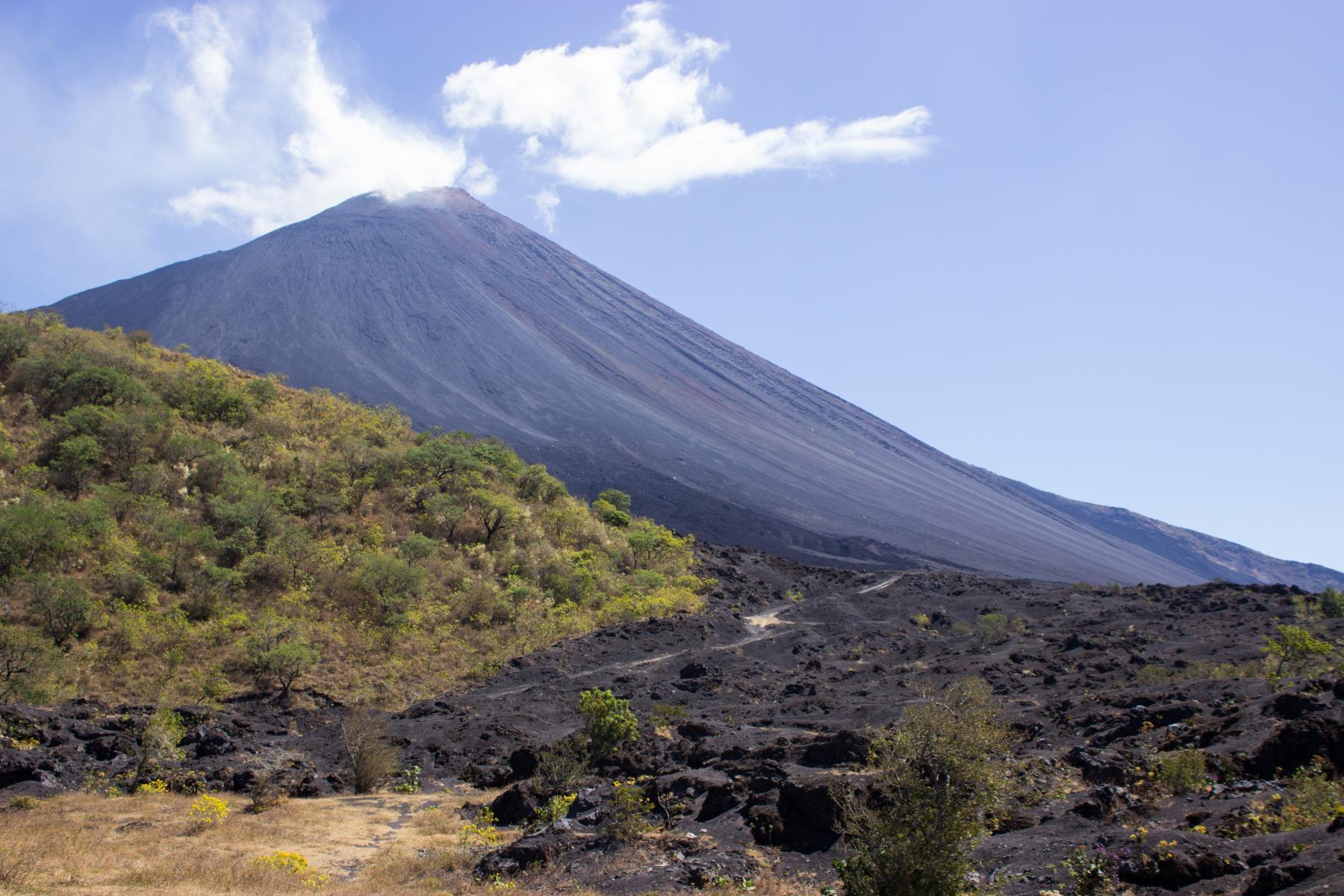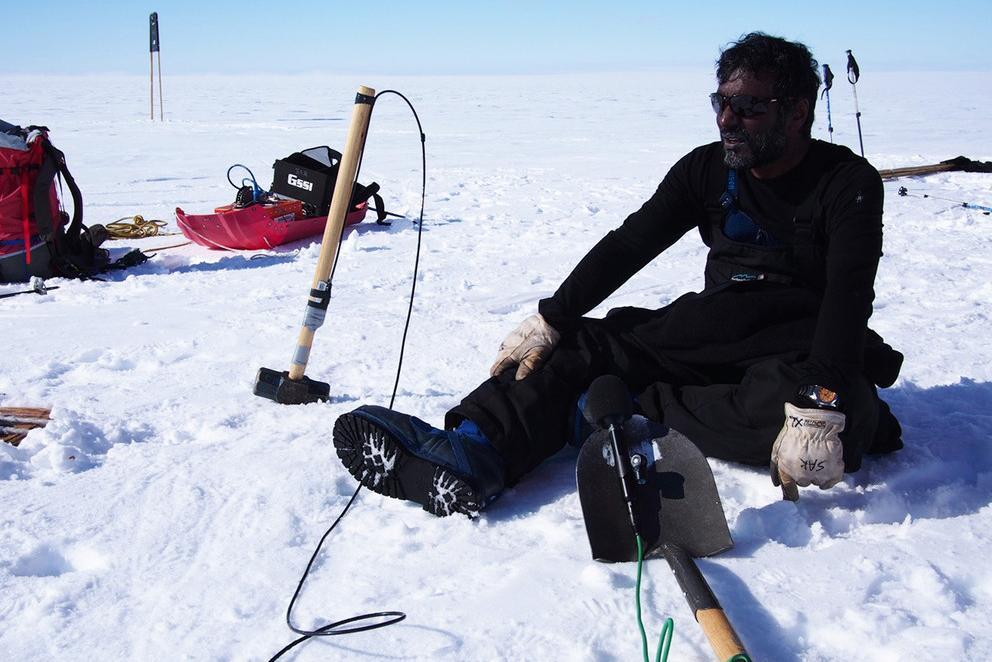A new analysis of nearly two decades of satellite data shows that economic development, fossil-fuel combustion and air quality are closely linked on the continental and national scales, but can be decoupled at the national level, according to Penn State scientists.
Gregory Jenkins, professor of meteorology and atmospheric science, geography, and African studies at Penn State, will discuss the intersection of climate science and environmental and social justice at 11:15 a.m. on Wednesday, Feb. 3.
James Kasting, Evan Pugh University Professor of Geosciences at Penn State, will discuss the dangers of human heat stress and the politics of climate change at 4 p.m. Monday, Feb. 1 as part of the EarthTalks series.
A method to detect long-term movements of these mountains using satellite images could help identify previously overlooked instability at some volcanoes, according to Penn State scientists.
Barbara Arnold, professor of practice in mining engineering at Penn State, has been awarded honorary membership in American Institute of Mining, Metallurgical, and Petroleum Engineers (AIME).
Penn State alumna Professor Judi Wakhungu, currently Kenya’s ambassador to France, Portugal, Serbia, Monaco and the Holy See, always knew deep down that she would make a great impact on the world.
The spring 2021 EESI EarthTalks series, “Energy and climate policy: How to avoid a global hothouse,” will address questions related to carbon taxes, renewable energy subsidies and the feasibility of carbon sequestration, among other topics.
Sridhar Anandakrishnan, professor of geosciences at Penn State, will give an overview of Thwaites Glacier and discuss the prospects for sea-level rise from this and similar glaciers at 11:15 a.m. Wednesday, Jan. 27.
Jesse Reimink remembers the first time someone planted the Earth science seed that for him blossomed into a career in the geosciences.
Range anxiety, the fear of running out of power before being able to recharge an electric vehicle, may be a thing of the past, according to a team of Penn State engineers who are looking at lithium iron phosphate batteries that have a range of 250 miles with the ability to charge in 10 minutes.











